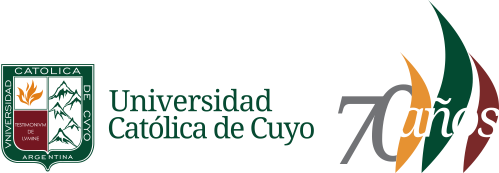“DEATH BY DONATION”: HARVESTING ORGANS FROM STILL-LIVING PEOPLE
INDEX
1. Introduction
2. Off-the-table solutions
3. Bioethical dilemma
4. Declaration of Conflicting Interests
5. Funding
6. References
1. Introduction
An interesting and at the same time highly disturbing article published in Intensive Care Medicine (Ely 2019) discusses the procurement of organs for transplants from people who may want euthanasia or assisted suicide, and who, instead of achieving their goal via the usual procedure, agree to undergo surgery in an operating theater to remove their organs while still alive. This has been called “death by donation,” that is, these people die when their organs are removed. The issue arises due to the shortage of organs for transplant in most developed countries, resulting in long waiting lists of patients who require a transplant.
2.Off-the-table solutions
Faced with this problem, the article in question mentions “off the table” solutions for these patients, such as resorting to the “black market” in underdeveloped countries, and asking whether we would consider other options, such as obtaining them from a living person who wishes to die and who offers to donate their organs in the same surgical procedure that will bring about his/her death.
At various international medical conferences held in 2018–2019, many discussions centered on “donation after death”, which seems it is already being practiced in countries like Canada and the Benelux countries, where euthanasia or assisted suicide is legal. According to the author, the so-called Imminent Death Donation refers to terminally-ill patients requesting euthanasia who are willing to donate their organs, while “by death donation” may include volunteers who have no illness, that is, healthy people who want to commit suicide.
3. Bioethical dilemma
The main bioethical problem is that “death by donation” infringes upon a deeply rooted medical standard that prohibits the harvesting of organs for donation until the donor is declared dead. Thus, “death by donation” would, at present, be considered homicide for ending a human life, even if it is for a seemingly good end, namely, procuring organs for donation.
In addition to all this, and when attributing ethical responsibilities to those who participate in these acts, we must bear in mind that in euthanasia practices or in assisted suicide, the intervention of only one physician is necessary, while “death by donation” requires a full team of medical professionals. So, the question is, would the entire team of medical professionals’ consent to participate in this clearly homicidal medical act? Moreover, would the organ recipient also consent to receive organs from a living person who offered to die, so that their organs could be harvested?
It is certainly another step in the mad race to end human lives because in our view, “death by donation” is a homicidal act, as it is euthanasia. This is especially true if—as it is attested to in another article in the New England Journal of Medicine (Chambaere et al. 2015)—of the 3,882 deaths from euthanasia or assisted suicide performed in the Netherlands and Belgium in 2013, 1,047 (27 per- cent) were carried out without being requested by the patients and consequently without their consent.
4. Declaration of Conflicting Interests
The author(s) declared no potential conflicts of interest with respect to the research, authorship, and/or publication of this article.
5. Funding
The author(s) received no financial support for the research, authorship, and/or publication of this article.
6. References
- Ely, E. W. 2019. “Death by Organ Donation: Euthanizing Patients for Their Organs Gains Frightening Traction.” Intensive Care Medicine 45:1309–11.
- Chambaere, K., R. Vander Stichele, F. Mortier, J. Cohen, and L. Deliens. 2015. “Recent Trends in Euthanasia and Other End-of-life Practices in Belgium.” New England Journal of Medicine 372 (12): 1179–81.
How to quote this voice?
We suggest the following way to quote which contains all necessary editorial information to attribute this work to its author(s) and consulting, just like it is found in the net at the time it was consulted: DEATH-BY-DONATION-HARVESTING-ORGANS-FROM-STILL-LIVING-PEOPLE, in García, José Juan (director): Encyclopedia of Bioethics.
